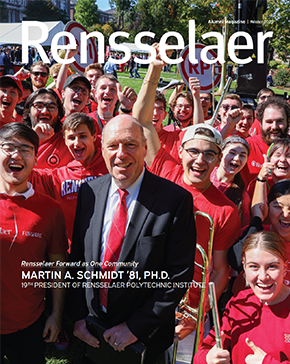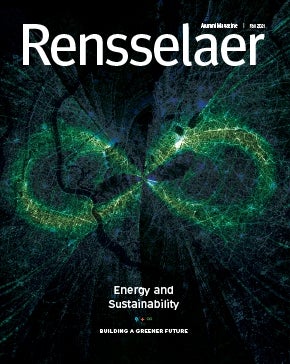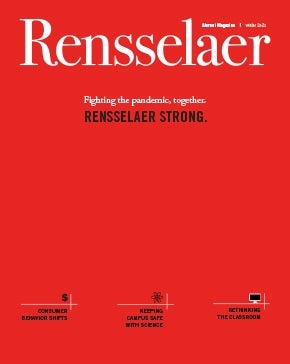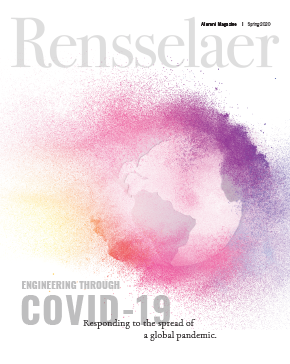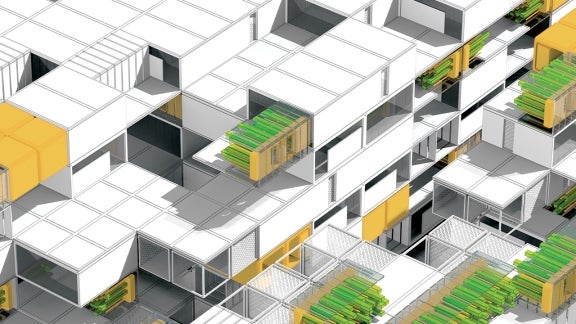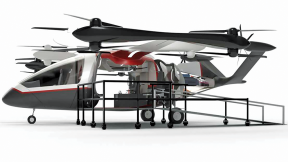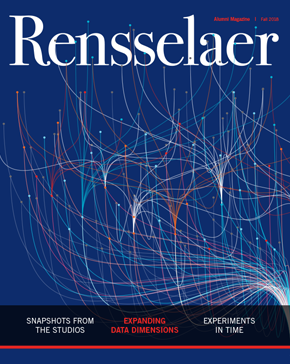
Mechanical, Aerospace, and Nuclear Engineering
Accident Mitigation Strategies for Nuclear Power Plants
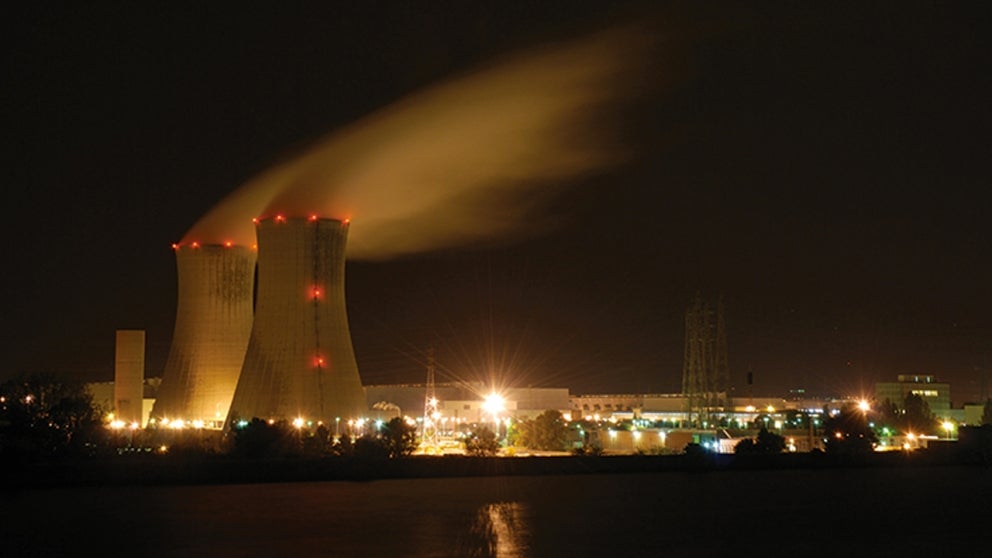
The U.S. Department of Energy (DOE) has announced nearly $64 million in awards for advanced nuclear energy technology to DOE national laboratories, industry, and 39 U.S. universities in 29 states. Rensselaer has been awarded $800,000 for analysis of nuclear power plants’ accident propagation and mitigation processes.
“Because nuclear energy is such a vital part of our nation’s energy portfolio, these investments are necessary to ensuring that future generations of Americans will continue to benefit from safe, clean, reliable, and resilient nuclear energy,” says Ed McGinnis, DOE’s principal deputy assistant secretary for nuclear energy.
The award is part of the DOE’s Nuclear Energy University Program (NEUP), which aims to maintain U.S. leadership in nuclear research across the country by providing top science and engineering faculty and their students opportunities to develop innovative technologies and solutions for civil nuclear capabilities.
As a result of the Fukushima Daiichi nuclear disaster in 2011, new safety upgrades for existing Light Water Reactors (LWRs) are being developed, which include Accident Tolerant Fuel (ATF) and diverse and flexible coping strategies (FLEX). These safety features are expected to extend a plant’s coping time and mitigation capability in an accident.
The Rensselaer project, titled “Coping Time and Cost Analysis of Accident Tolerant Plant Design Based on Dynamic PRA Methodology,” is aimed at the systematic operation strategy development based on dynamic response analysis in consideration of FLEX and ATF upgrades of nuclear power plants. This framework can extend to be used at any additional safety enhancement in the future.
Hyun Gook Kang, associate professor of mechanical, aerospace, and nuclear engineering at Rensselaer, is the principal investigator.
“Both FLEX and ATF are expected to extend the accident coping time in nuclear power plants, thanks to FLEX’s additional emergency response capability and ATF’s enhanced performance against oxidization under a higher temperature steam environment,” says Kang. “However, they may introduce new failure mechanisms and associated uncertainties which were less investigated. The awarded research is aimed at the evaluation of the coping time variation under uncertainties in accident mitigation in nuclear power plants. The result will contribute to the development of a new accident mitigation strategy of nuclear power plants under extreme conditions such as natural disasters.”
